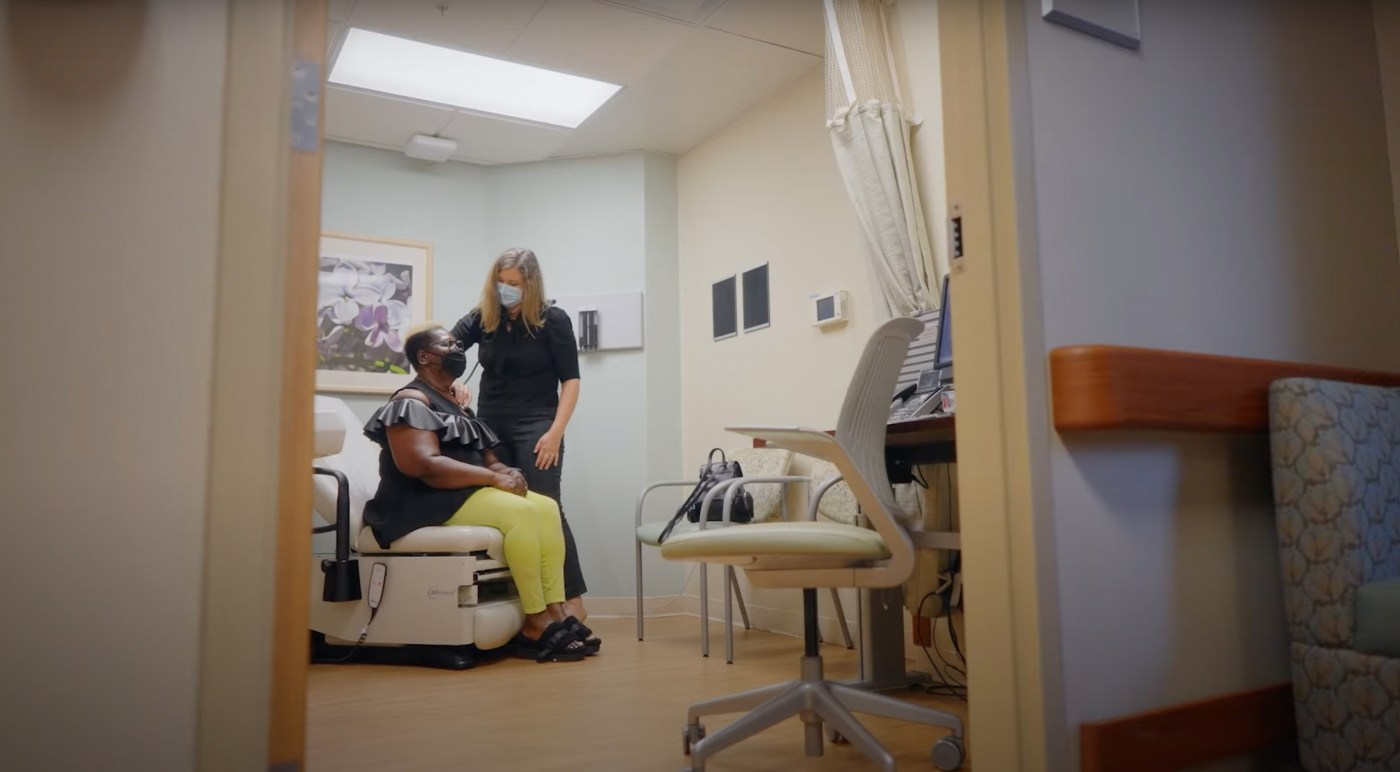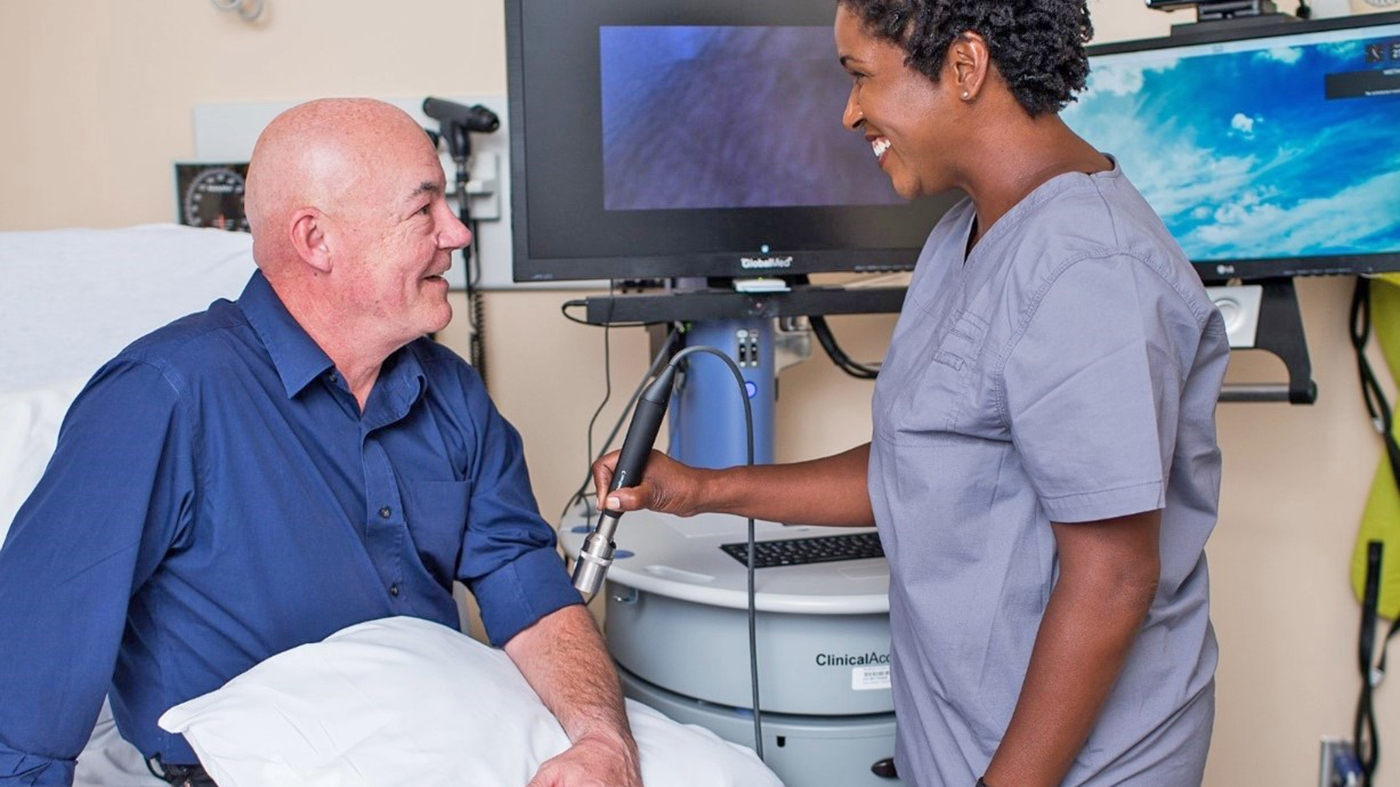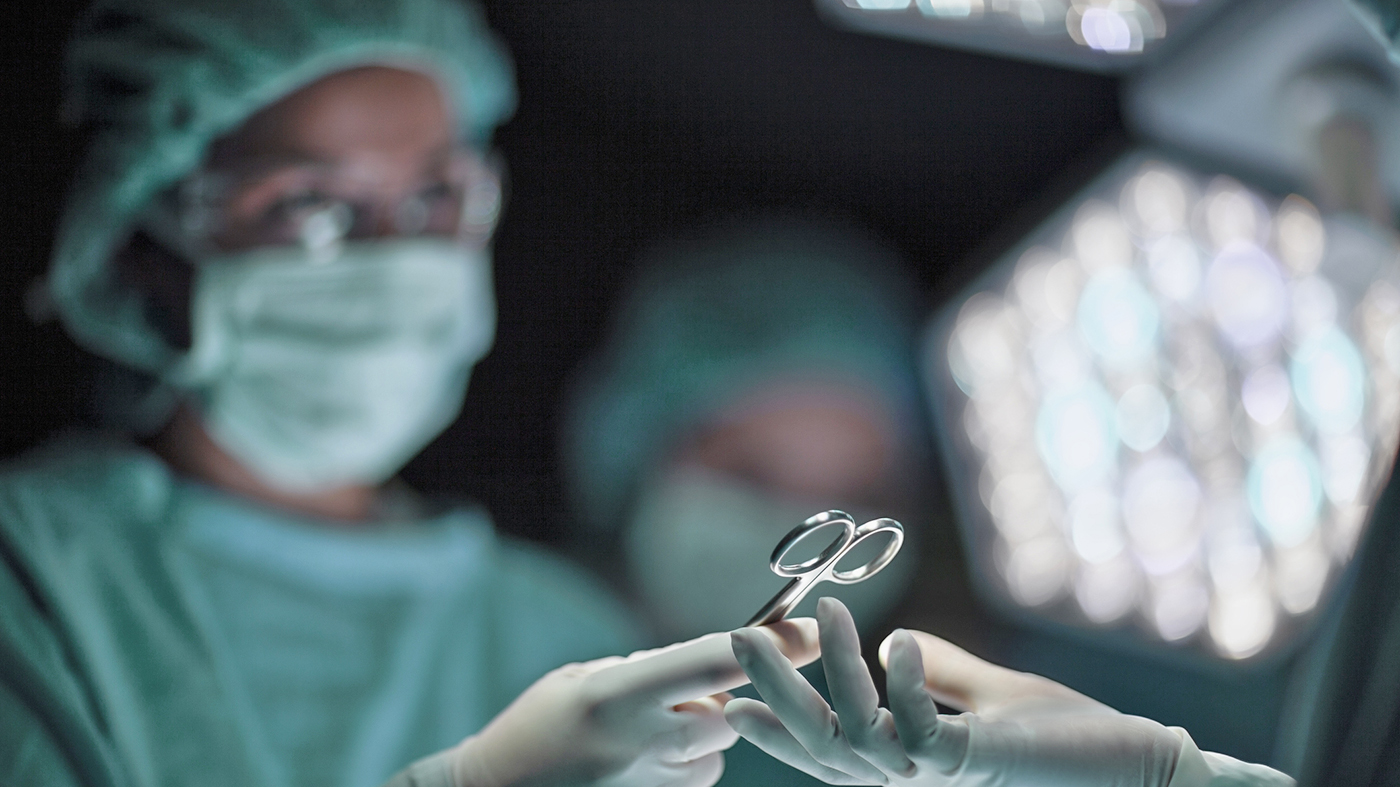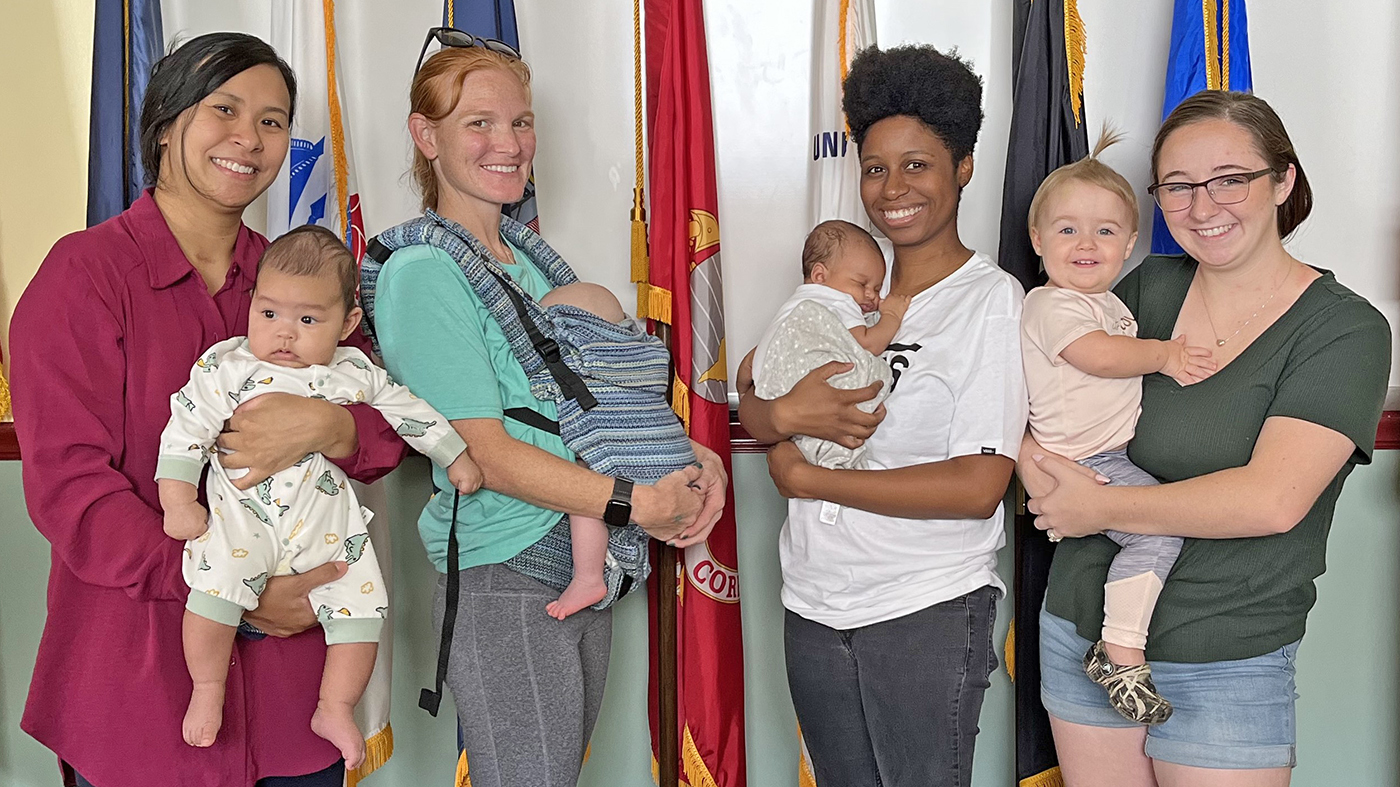This is the second blog post of a 3-part series addressing cancer prevention for Veterans. Read the first blog post, here, on what you can do right now to prevent cancer.
As discussed in the first blog post of this series, lifestyle factors like exercise and healthy eating are very important, and lifestyle changes can have a big impact on preventing cancer. However, there are ways to be proactive about your cancer risks as well.
One easy way to be proactive is to discuss cancer-preventing vaccines with your primary care provider. Vaccines are safe, effective and can lower your cancer risk.
Cancer-preventing vaccines: What makes sense for you?
Virtually all people are exposed to the human papilloma virus (HPV) during their lifetime. For some people, HPV can cause cervical cancer, vaginal, vulvar, anal, penile and oral cancers. Virtually all cervical cancers are caused by HPV. And, HPV is thought to cause 70% of mouth and throat cancers.
Being vaccinated against HPV reduces your cervical cancer risk by 90%. Women Veterans can get the HPV vaccine through a primary care provider. HPV vaccine is recommended for all women through age 26 who have not received or completed the recommended vaccine series. Through shared clinical decision making with your provider, women 27-45 may wish to discuss vaccination for some women that may be at continuing risk of HPV infection who are not adequately vaccinated. Even if you’ve had an abnormal Pap smear, you can still get vaccinated against HPV.
Men can also be vaccinated against HPV. It is also recommended that all men up to age 26 receive the vaccine who have not completed the recommended vaccine series. For Veterans ages 27-45 who are at continued risk of HPV infection and are not adequately vaccinated, they may share clinical decision making with their provider to establish their need for vaccination. Talk to your primary care provider to see if you need to be vaccinated against HPV.
While liver cancer is less common, it still is a good idea to consider steps to prevent it. The hepatitis B vaccine can help lower liver cancer risk. It’s important to discuss your concerns with your primary care provider, who can help you decide about being vaccinated against hepatitis B.
Choosing VA for your cancer care
VA is focused on helping Veterans with cancer live better lives. VA providers work hard to ensure the proper cancer screening takes place, and if necessary, work to find the best treatments for your cancer care needs. As a result, this may shorten your treatment time. You may also have fewer side effects during treatment. All VA providers stand shoulder to shoulder with Veterans and support them on every step of their cancer journey.
To learn more about cancer care at VA, visit cancer.va.gov or email cancer@va.gov
Cancer prevention during COVID-19
While COVID-19 is an ongoing concern, VA is taking precautions at all VA medical centers to protect you from the virus. Catching cancer early is an important part of successful treatment, so regular appointments and cancer screenings are key for Veterans’ health.
Starting on January 18, 2022, the U.S. government has made at-home COVID-19 testing kits available to every household. To order your at-home COVID-19 tests, visit https://www.covidtests.gov/.
Topics in this story
More Stories
Lebanon VA is using telehealth to cut the wait for dermatology care for urgent and non-urgent conditions.
SHRIMPS ensures every part of a surgical setup is covered during handoffs.
Perinatal Veterans Socials bring together new parents to build social connection as they navigate parenthood and post-partum care.







Over 800 studies now show that a plant based diet is excellent in preventing cancer in humans. The World Health Organization has even placed processed and red meat on its list of carcinogens.
Why doesn’t the VA promote a plant based diet?
Merck Sharp & Dohme Corp, GlaxoSmithKline, and GSK are among the leading manufacturers of HPV vaccinations . Since the availability of the first HPV vaccine in 2006, studies have shown a substantial decrease in cervical cancer and genital warts in both teen girls and young adult women.
Cervical cancer is the world’s second most common cancer among women. The efficacy and effectiveness of the quadrivalent HPV vaccination, as well as the 9 valent HPV vaccine, are doing miracles in avoiding high-grade cervical lesions and providing immunity against advanced cervical cancer. Currently, more than 100 countries have begun employing HPV vaccination as a regular routine of vaccine schedule to aid WHO efforts in eliminating cervical cancer worldwide.